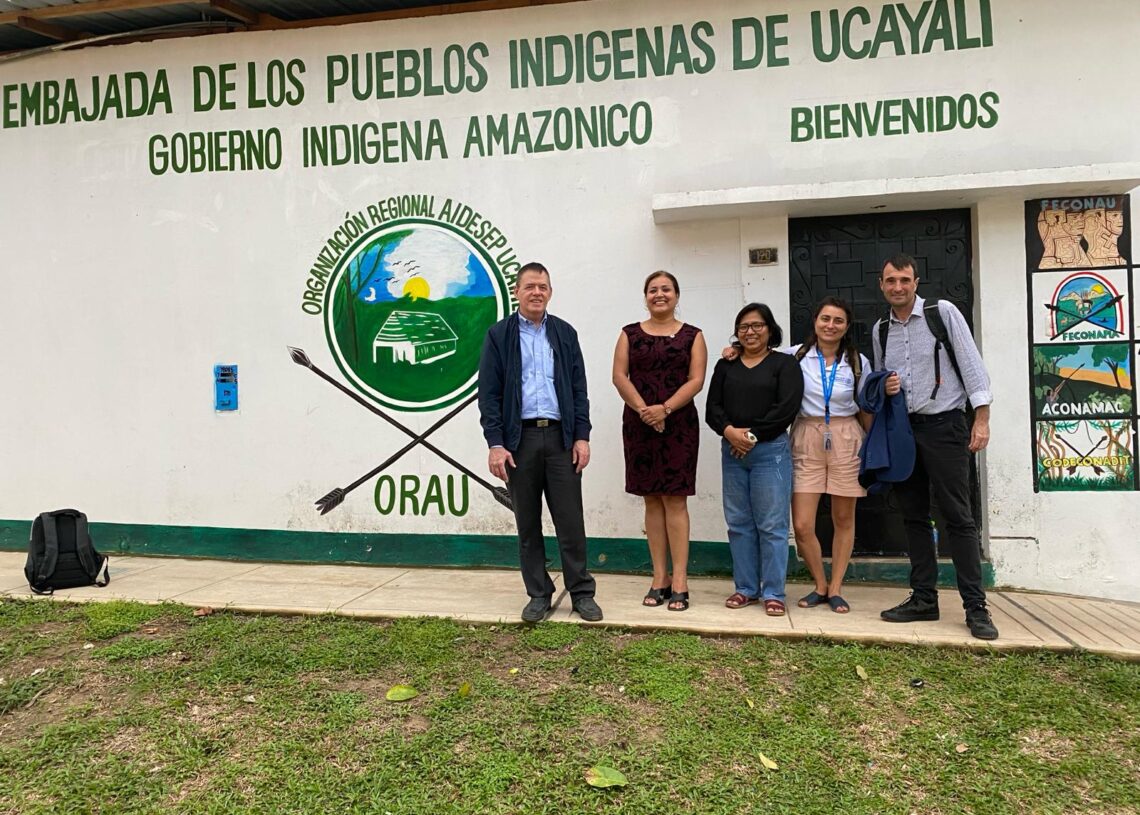The third phase of COPOLAD III has sought to include the environmental perspective of the drug phenomenon in a cross-cutting manner, through different workshops, technical assistance, national roadmaps and studies that contribute to mitigating the impacts of drug production and trafficking and their control measures in the communities and ecosystems directly affected.
In this regard, COPOLAD has just completed a “Study on the environmental impacts of illicit drug production and trafficking activities and interventions to reduce drug supply in LAC”, with the support of expert Juan Carlos Garzón. The study proposes a strategic perspective that analyzes and assesses possible alternatives to avoid, mitigate or compensate for environmental impacts, with an emphasis on Latin American contexts that go beyond the Amazon and including the risks and impacts of the State’s own responses.
The study clearly shows that the environmental impacts of the illegal drug market are significant, especially when considered at the local level and in its connections with other illegal economies and environmental crimes. These impacts are not only found in the countries directly affected by illegal drug production, but also in an increasing number of transit countries. The laundering of drug trafficking proceeds also plays a decisive role in affecting the environment through the purchase and sale of land, covert extensive cattle ranching and plantation activities, the construction of roads and clandestine airstrips, among others, that seek to consolidate and secure service and support infrastructure, expansion zones and transportation routes.
Another of the analyses to be presented in 2024 by the COPOLAD program is contained in the chapter on “Environmental Sustainability and Territory”, which is part of the document on Approaches to the Design, Implementation and Evaluation of Drug Policies from a Sustainable Development Perspective: Analysis and Guidelines for a New Generation of Drug Policies (in layout), where alternative development is pointed out as part of the necessary change in vision and practice to address the environmental dimension of the problem.
In this line, the technical assistance activities and follow-up missions carried out by GIZ, as a partner of the COPOLAD program, in the area of Integral and Sustainable Alternative Development (DAIS) are highlighted, supporting the countries in their interventions on drugs in rural areas and communities in protected areas or natural reserves where they work, reinforcing the environmental approach to the problem, pointing out the importance of gender approach.
Likewise, and as part of the roadmap for cooperation and technical assistance of the COPOLAD program with Peru, in coordination with DEVIDA and the Ministry of Justice and Human Rights, work has been underway since October 2023 on a Social Innovation Laboratory for the design of an early warning system for human rights violations and environmental crimes in the Amazon region, related to drug production and trafficking, taking as a reference a native community in the region -Ucayali- proposed as a pilot and strongly affected in its natural resources. The aim is to strengthen existing coordination and surveillance mechanisms, seeking to integrate them and give them communication support for more effective and timely action in a context of development penetrated by drug trafficking activities and the convergence with other environmental crimes and constant threats to families and local leaders.
Precursor Chemicals
Other key dimensions of environmental analysis in the area of drugs are directly related to the COPOLAD program’s line of cooperation in the area of precursors and other products and equipment used for processing in remote areas of high environmental sensitivity, and whose final disposal has a significant impact on many localities and ecosystems in the region.
In this regard, COPOLAD III has an expert in charge of carrying out diagnoses and manuals on the management and final disposal of chemical waste, which have been adopted by various countries. In the last quarter of this year, a study visit to Costa Rica is planned to learn in situ how a chemical warehouse is safely organized to avoid or mitigate possible risks, both personal and material, as well as damage to the environment. This mission will also provide an opportunity to visit a center for the destruction of drugs, precursors and chemical substances using safe and environmentally sustainable methods.






